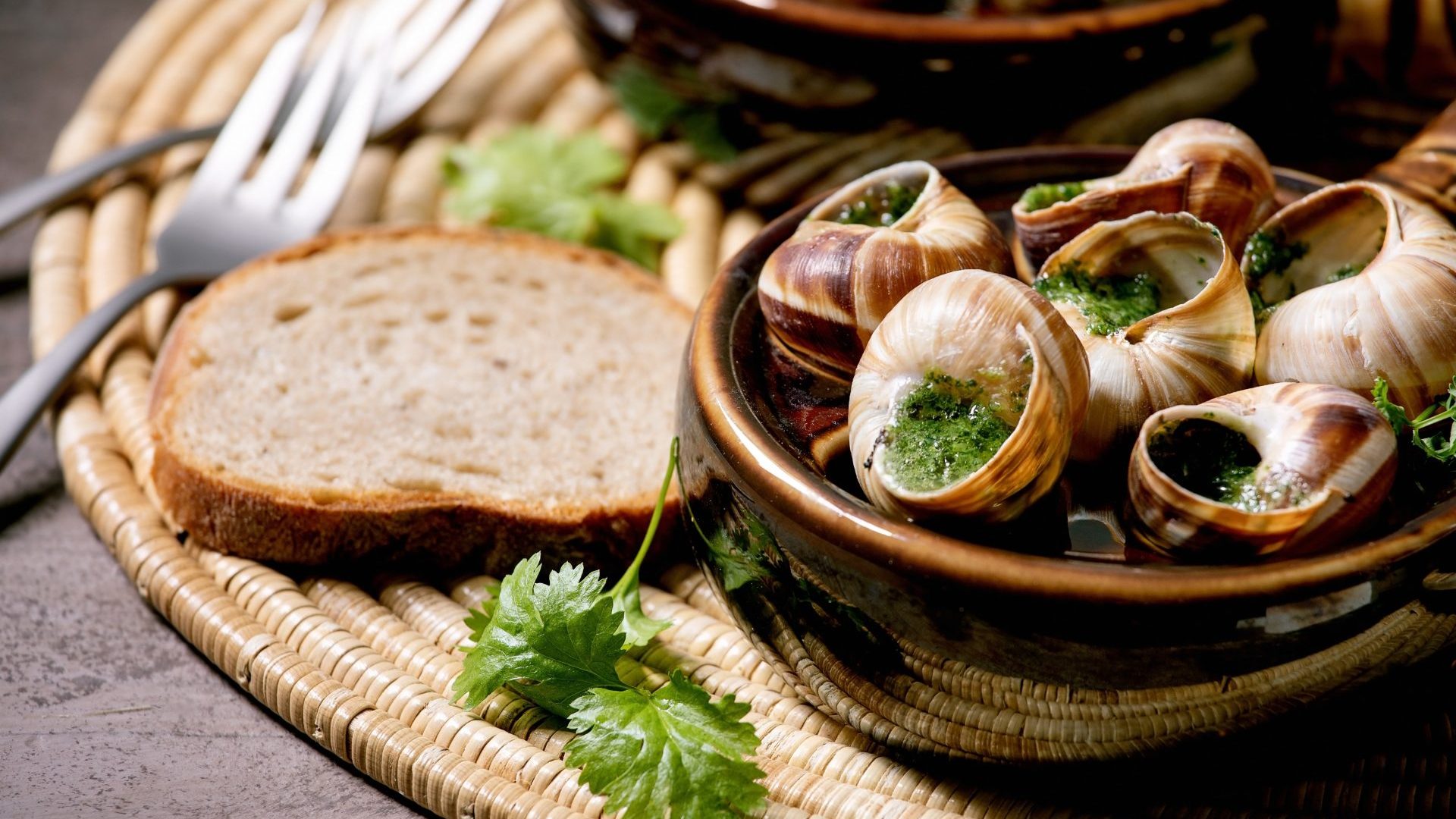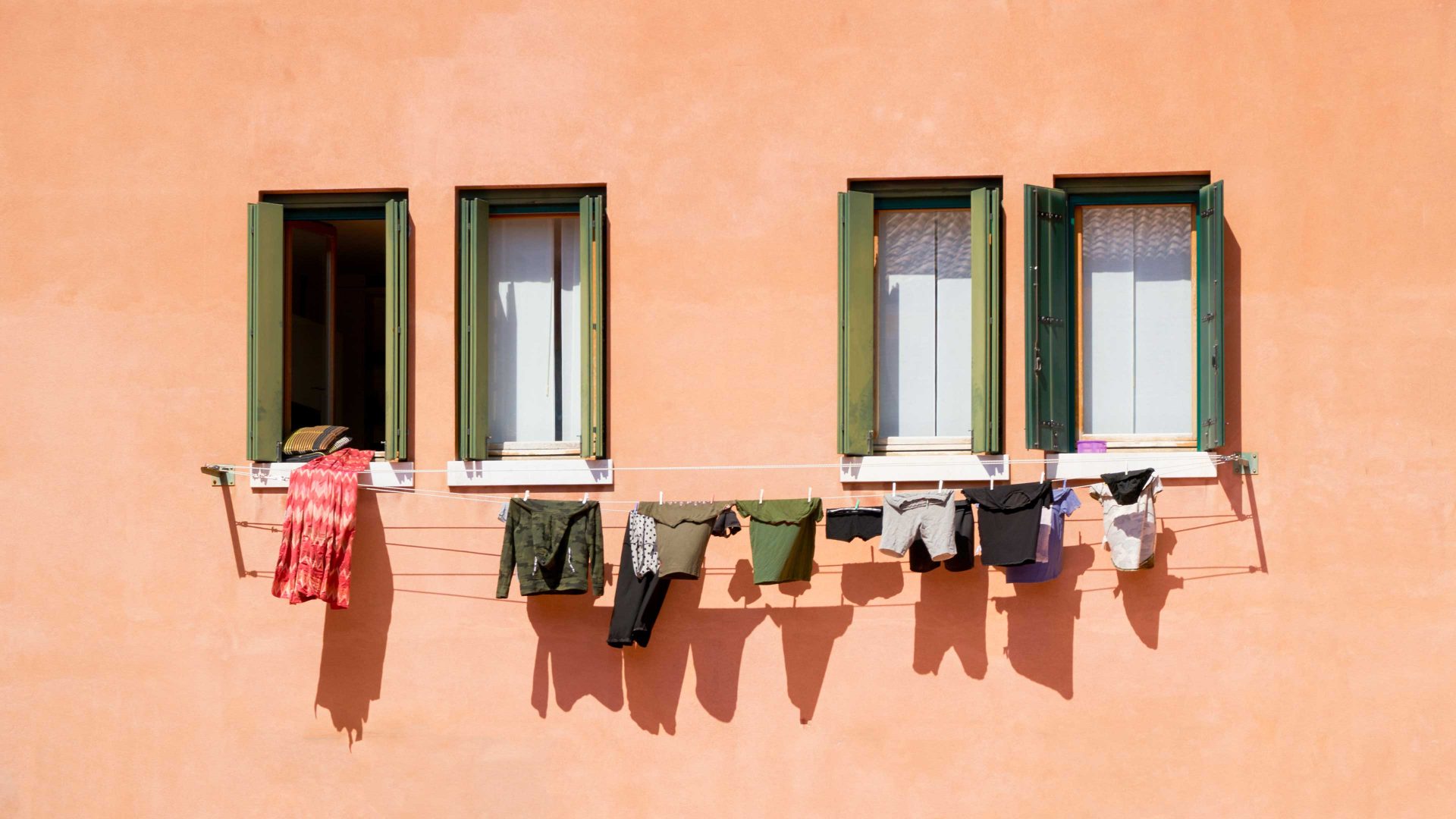In France, teatime is alive and well. I learned this the hard way on my first day as an au pair near Grenoble, south-west France. I’d been instructed to provide my two charges with an after-school snack.
Arriving home with the boys, I proffered fruit/yoghurt/crackers. These were met with scorn. The youngest showed me a drawer packed with treats. “OK, you can have one sweet thing,” I said, and almost reduced him to tears by refusing a second cake: “It’s not a treat!” he wailed. “It’s a madeleine!”
Armed with this knowledge and following a parental conference, the next day proved more successful. I held back while the seven- and five-year-old launched into the cakes. Gradually, I learned the significance of the mid-afternoon meal. The French treat children’s snack time as a meal that discourages grazing. The WHO’s 2022 European Regional Obesity Report shows no negative consequences for later life: French adults are around 10% less likely than their British counterparts to be overweight.
Living in Isѐre, I learned many culinary traditions adapted for modern life. Frozen snails, with pastry shells for ease of consumption, were a memorable advance. While I was less than enthusiastic about the steak tartare du cheval my host family enjoyed, another au pair described the experience of cooking her host family traditional Colombian food. “They wouldn’t touch it,” she said. “Not even the parents. They didn’t worry about being polite.”
In April, president Macron acknowledged a historic reluctance to accept foreign culinary schooling when he vowed to send chefs abroad to learn from the world’s best. However, the restaurants that line the streets of the city where I live already show an enthusiasm for world cuisine, artfully adapted to local tastes. In the alpine area where I live, however, this usually means adding cheese.
I cook for the family during the week. Painfully aware of the British food stereotypes, I was keen to learn the staple recipes of a busy French family. Some of the practices were surprisingly old fashioned: courgettes were only to be consumed peeled; peas (deliciously sweet from a jar) were accompanied always by bacon and white sauce; pasta was eaten separately from sauce, with gruyère cheese and butter; Smash remains a hit in France.
I made chilli sin carne for myself one evening. The sin classified it as a side dish for the rest of the family. Nevertheless, the dad, Thomas, took to it with enthusiasm. He glanced up from Instagram as I finished clearing away. “I liked that a lot. Great protein!”
The local greengrocer’s, Union Primeur, stands like a temple in the centre of the village. I cycle down each week, a devotee. “It’s always the au pairs’ favourite shop,” says Maëlle, the mother of my charges.
It’s easy to see why. Inside, fresh lettuces bloom like bouquets, in water running from a fountain. French tomatoes repose on a dais of green tissue beside their lesser, foreign cousins.
Arriving in France fresh from the plastic-packaged, tomato-less aisles of post-Brexit Scottish supermarkets, it’s still hard to see a greengrocer chain like Union Primeur catching on in the UK. Patrons browse the aisles with expert eyes, stopping to weigh up the benefits of various leeks, apples, and endives. “These are the best tomatoes,” says Maëlle, pointing to a heritage variety. The same kind her mum buys. And rightly so – they’re good.
The tomatoes go in a salad for a summer barbeque. Thomas’s mum has cooked mushrooms. “I picked them up in the mountains,” she explains, nodding to Thomas and Maëlle, “the same place we went last summer.”
It’s hard to imagine this exchange happening in an equivalent British family – modern, sporty, middle class, the kind who send Christmas cards with a family photo on the front. My mind races through health warnings from liver failure to mushroom-related death. Everyone else tucks in. Amid culinary conservatism, the French have maintained a connection with the processes behind food, something largely lost in the UK.
Walking a boy back to school after lunch, we amuse ourselves by counting snails. It’s been raining, and pickings are particularly good. “Two-hundred-and-sixty…” The five-year-old trails off, the snails’ healthy population outstripping his knowledge of the convoluted numbering system.
“Are you looking for snails?” asks a woman, approaching us from farther down the street. “You must tell me where you found them! I send them to my son. He lives on an island,” she says. “There are no snails there – everyone’s eaten them.”
Isabella Redmayne’s fiction has most recently been published by t’ART Press




